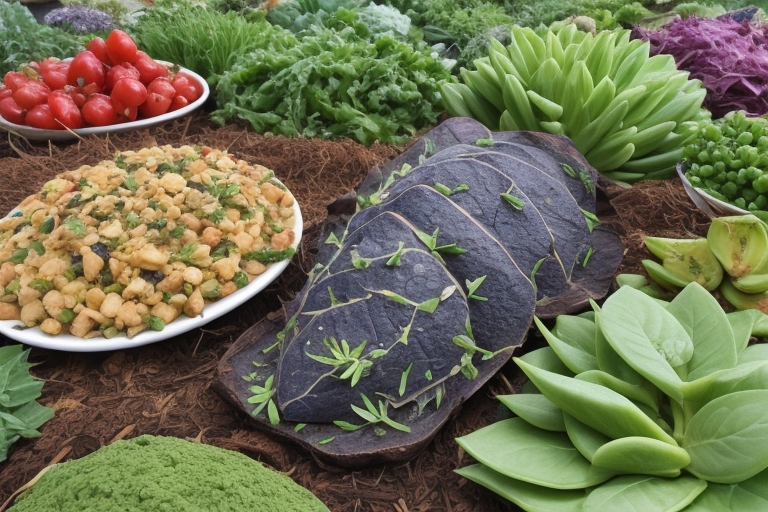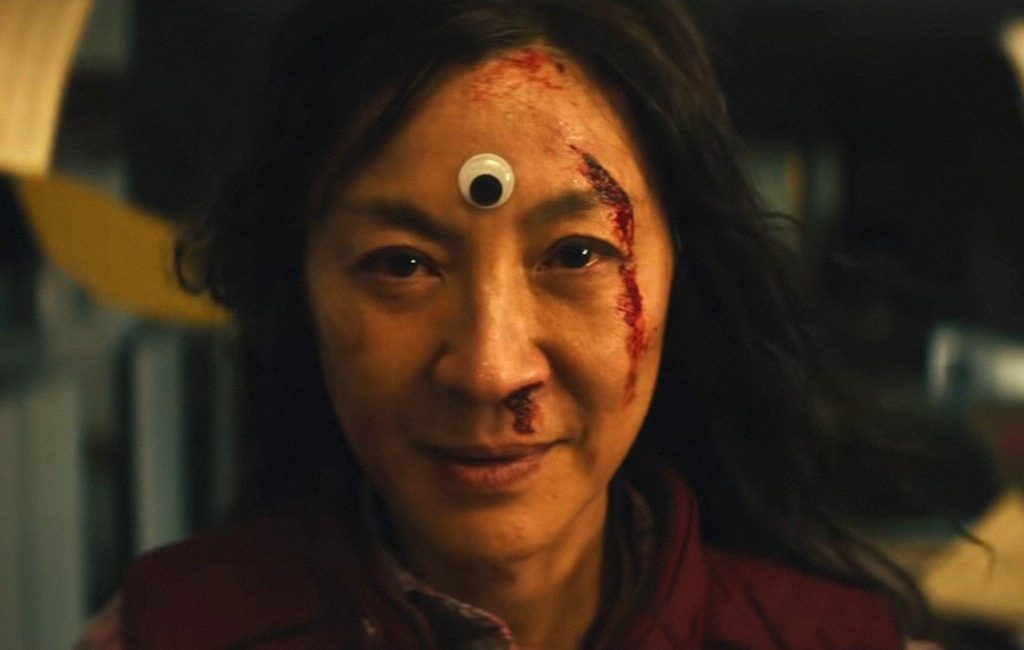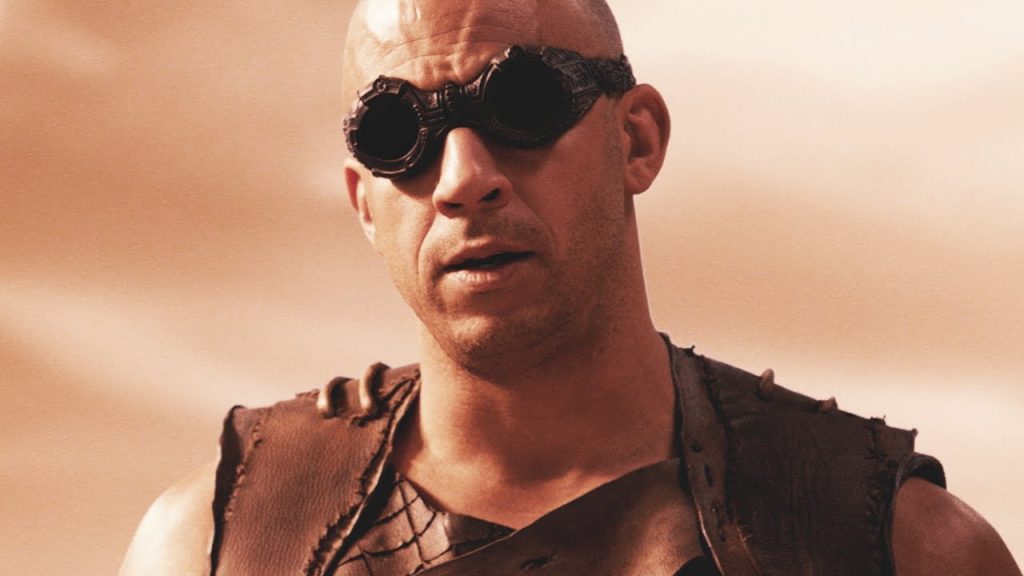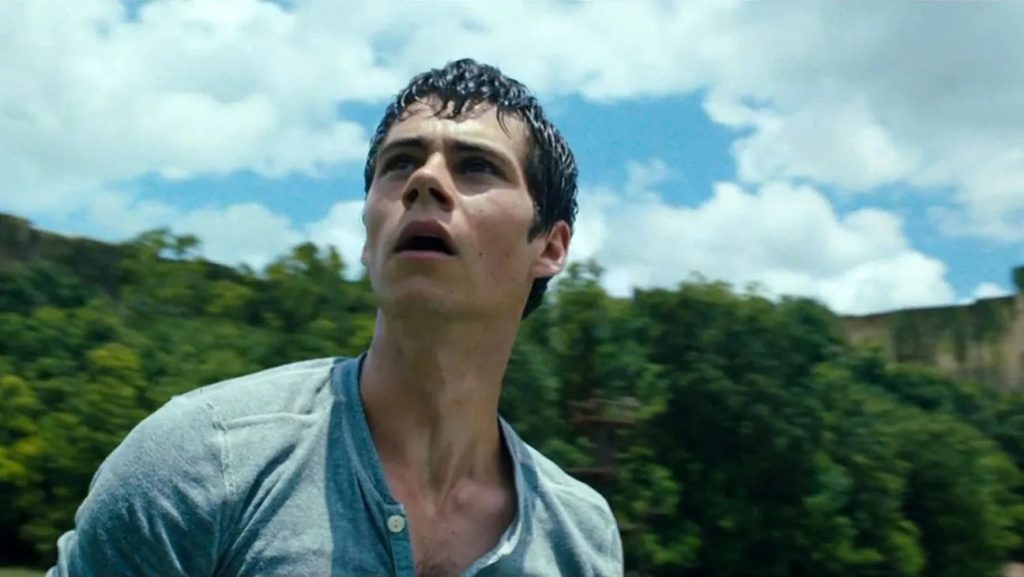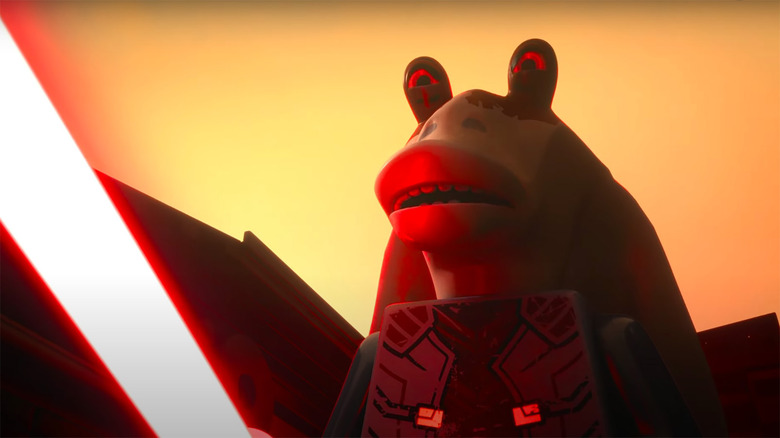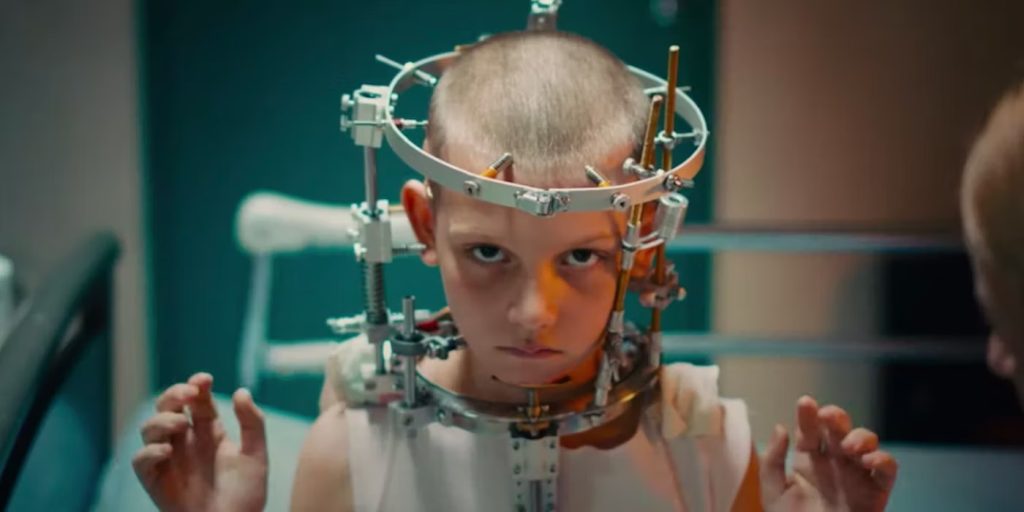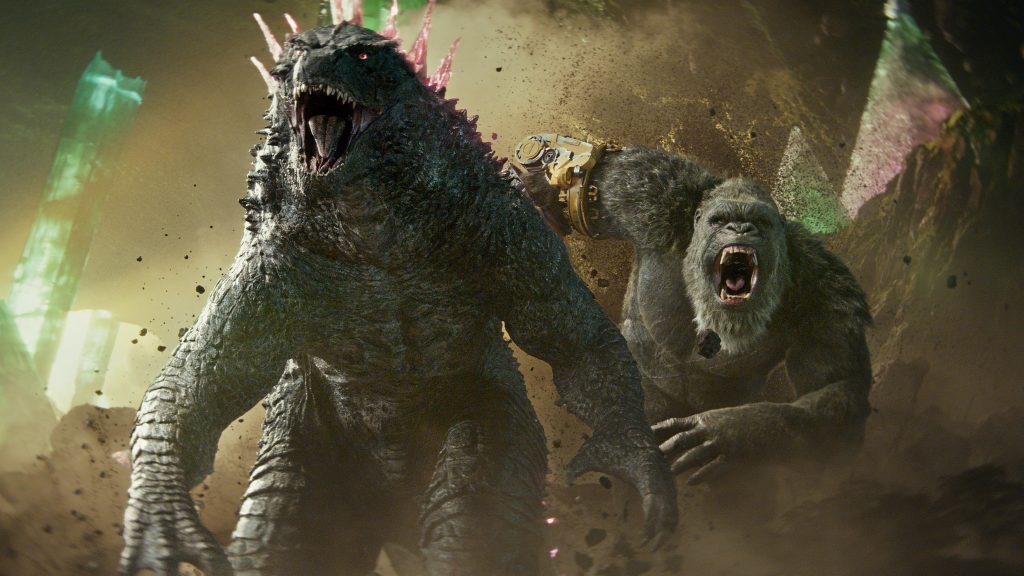The intersection of speculative fiction and botany has long served as a fertile ground for exploring the future of plant life and agriculture. Through the lens of science fiction, writers have envisioned worlds where hybrid botanics revolutionize food production, restore ecosystems, and even reshape human societies. These imaginative narratives not only entertain but also provoke thought about the potential and pitfalls of manipulating plant genetics.
The Genesis of Hybrid Botanics in Sci-Fi
Speculative fiction has a storied history of exploring the unknown, with authors often delving into the realm of hybrid botanics to illustrate both the wonders and warnings of science. In the early 20th century, H.G. Wells’s The Food of the Gods presented a vision of science gone awry, where a substance intended to accelerate plant growth leads to giant flora and fauna. This narrative laid the groundwork for considering the ethical implications of biotechnological interventions in nature.
Parallel to cautionary tales, optimistic portrayals also emerged. Arthur C. Clarke’s The Green Finger of God is notable for its depiction of genetically modified plants as a means to solve Earth’s hunger crisis. Such stories underscore the dual narrative of speculative fiction in botany: the promise of technological breakthroughs and the need for responsible stewardship.
The Dual Edges of Hybridization
- Ecological Restoration and Balance: Science fiction has long posited the use of hybrid plants for ecological restoration. Kim Stanley Robinson’s Mars Trilogy vividly illustrates terraforming efforts on Mars, using genetically modified plants to create a breathable atmosphere. These narratives reflect a growing awareness of the potential for hybrid botanics to address real-world environmental challenges, such as climate change and habitat destruction.
- The Risks of Unintended Consequences: However, speculative fiction also serves as a cautionary realm where the unintended consequences of hybrid botanics are explored. Paolo Bacigalupi’s The Windup Girl presents a future where bioengineered crops have led to new diseases and societal collapse. Such stories highlight the potential dangers of ecological imbalance and the ethical considerations of genetic manipulation.
Innovations in Agriculture and Society
Integrating hybrid botanics into society has also been a recurring theme in speculative fiction. Through these narratives, authors examine how advancements in plant biotechnology could transform agriculture and, by extension, societies.
- Revolutionizing Food Production: In speculative fiction, hybrid plants are often depicted as the solution to global food scarcity. The ability to grow in harsh environments, produce higher yields, and offer enhanced nutritional profiles are common traits of these fictional plants. This mirrors current research into drought-resistant crops and fortified foods, suggesting a future where scientific innovation could alleviate hunger.
- Shaping Future Societies: The societal implications of hybrid botanics are equally profound. In Ursula K. Le Guin’s The Dispossessed, the development of sustainable agriculture on a previously barren planet fosters a society that values communal living and environmental stewardship. Such narratives encourage readers to consider how changes in agriculture might influence social structures, economies, and environmental policies.
Emerging Technologies in Hybrid Botanics
- Innovations in Genetic Engineering: Begin with an overview of how genetic engineering has evolved, mentioning key breakthroughs that have paved the way for creating hybrid plants with unprecedented capabilities. Discuss the scientific techniques involved, such as CRISPR-Cas9, and how these methods are being refined to ensure precision and safety in genetic modification.
- The Quest for the Best Hybrid Strain: This pursuit is at the heart of creating plants that can significantly impact our future. The term best hybrid strain refers to the pinnacle of genetic and botanical innovation, where scientists aim to develop plants that surpass current limitations in yield, nutritional value, and environmental resilience. As speculative fiction has long imagined worlds where plants play a pivotal role in society—ranging from massive oxygen-producing forests on other planets to crops that can grow in barren landscapes—the real-world quest for the best hybrid strains echoes these narratives.
The Road Ahead: Realizing the Vision
The speculative fiction of yesterday is increasingly becoming the scientific inquiry of today. As we venture further into the realm of genetic engineering and biotechnology, the visions of hybrid botanics depicted in literature offer both inspiration and caution.
- Current Trends and Research: Today’s scientists are exploring the genetic modification of plants for increased resilience, efficiency, and nutritional value, reflecting the imaginative solutions found in speculative fiction. CRISPR technology, for example, allows for precise edits to DNA, paving the way for crops that can withstand climate change-induced stresses.
- Ethical and Ecological Considerations: As we draw closer to realizing these scientific marvels, the ethical and ecological considerations depicted in science fiction remain pertinent. The dialogue between scientific advancement and societal responsibility continues, underscoring the need for cautious optimism and rigorous ethical oversight in developing hybrid Botanics.
Conclusion
The speculative fiction of the past century has laid a foundation for imagining the future of hybrid botanics, blending the fantastic with the plausible. As we stand on the brink of making these imaginations a reality, it is crucial to remember the lessons imbued in these narratives.
The balance between technological advancement and ethical consideration, the potential for ecological restoration versus disruption, and the promise of reshaping societies through agriculture are themes that will guide us as we forge ahead. In embracing the visions of speculative fiction, we can navigate the future of hybrid Botanics with wisdom and foresight, ensuring a greener, more sustainable world for generations to come.

